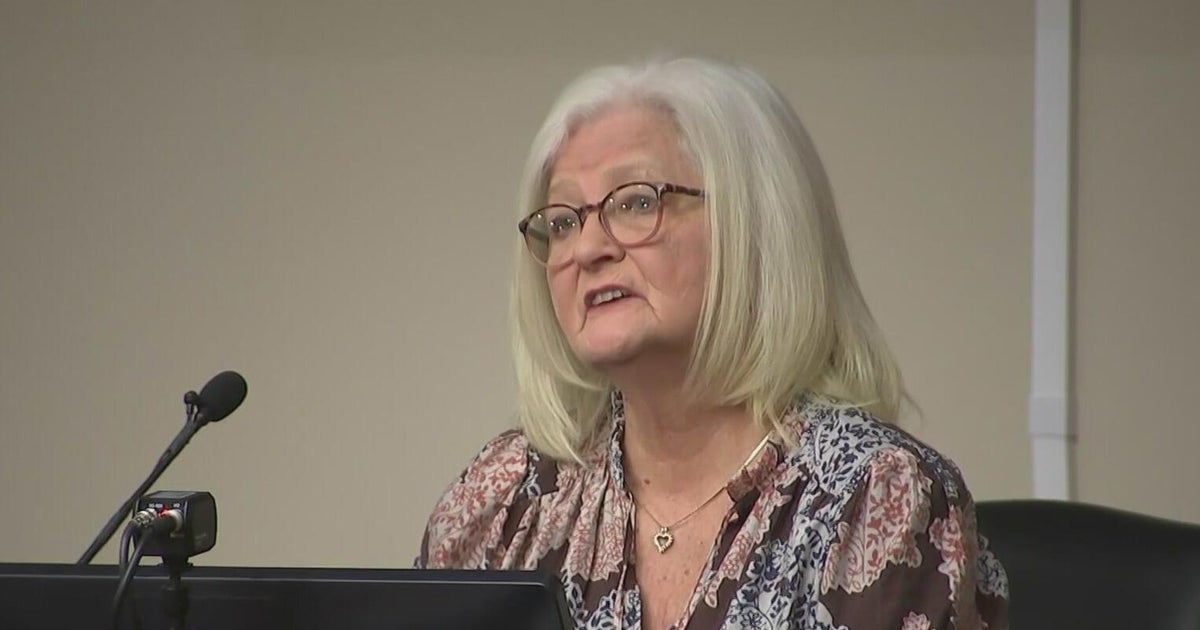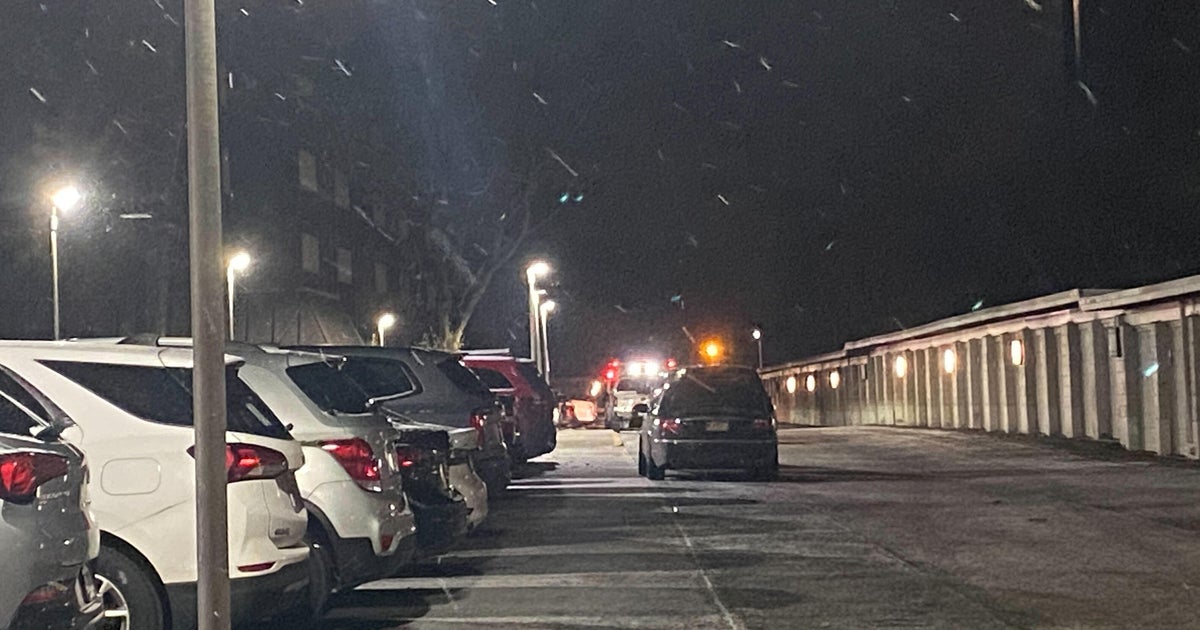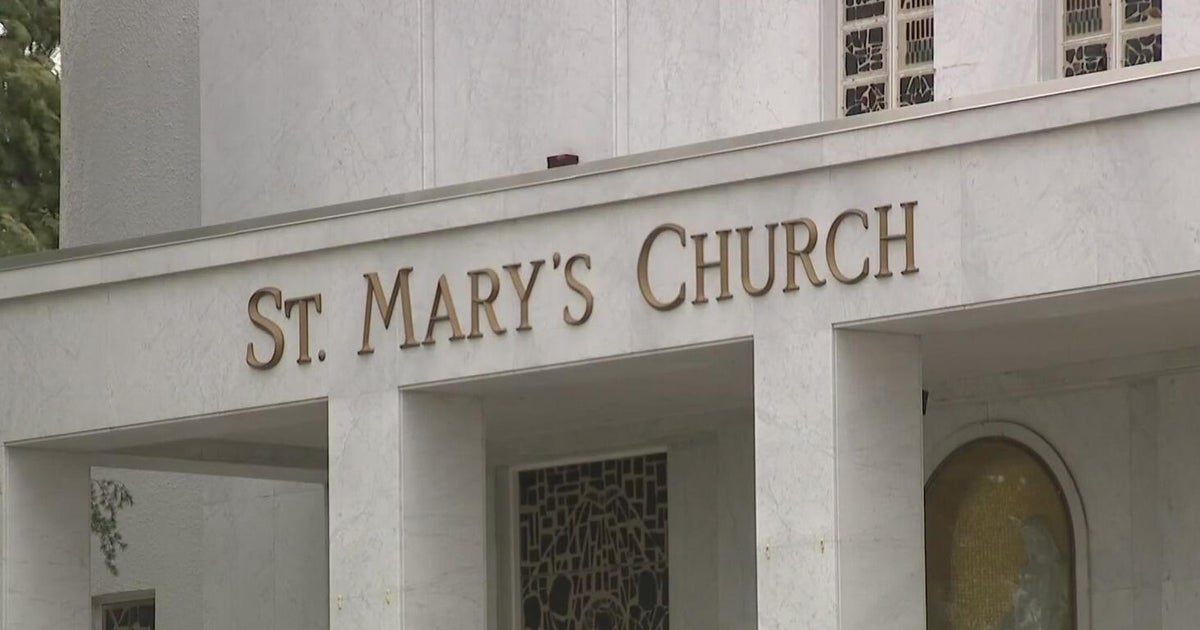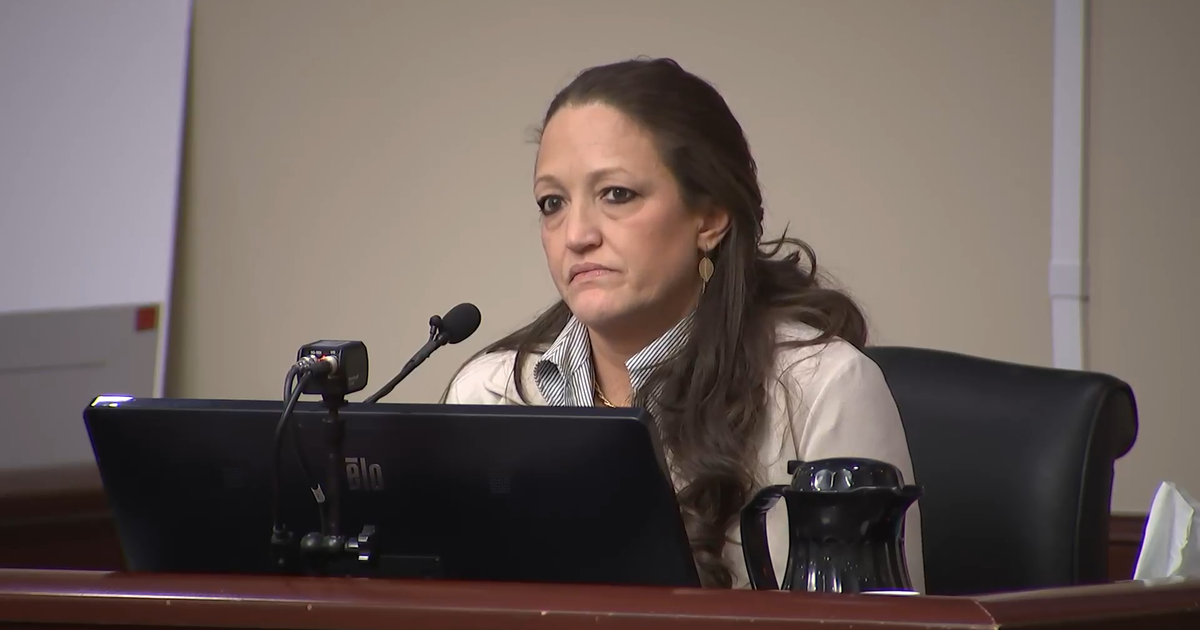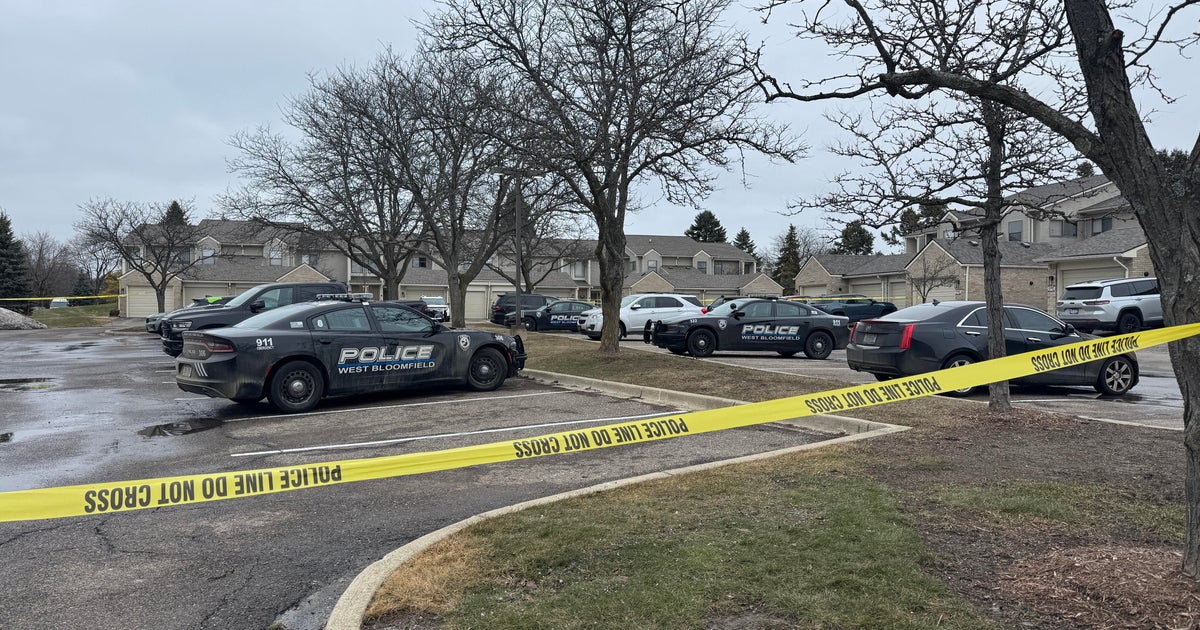Some Conn. Gun Control Provisions To Go Into Effect Monday
HARTFORD, Conn. (CBSNewYork/AP) - Parts of Connecticut's new law addressing the Newtown school massacre are taking effect.
Beginning Monday, people can begin applying for new credentials to purchase long guns and ammunition. Such credentials will eventually be required to buy ammo, rifles and shot guns. Also, those who've been involuntarily committed to a psychiatric facility will have to wait longer to obtain a gun permit.
Funding becomes available for services to about 100 people with mental illness who are involved in the probate court system. And $1 million will be appropriated to fund the statewide firearms trafficking task force. The unit is charged with enforcing Connecticut's gun possession and trafficking laws.
Gov. Dannel Malloy signed the state's sweeping gun control measure into law in April.
The wide-ranging legislation was a major highlight of the legislative session that wrapped up June 5.
New York was the first state to impose stricter gun control laws in the aftermath of the Dec. 14 massacre at Sandy Hook Elementary School that left 20 first graders and six educators dead.
The gunman, Adam Lanza, used an assault-type rifle to carry out the Newtown massacre before killing himself as police closed in.
Besides the Newtown-related legislation, other new laws and tax changes also kick in July 1.
The petroleum gross receipts tax, which is a percentage of the wholesale price of gasoline and is charged to companies distributing petroleum products in Connecticut, increases from 7 percent to 8.1 percent, raising prices by about 4 cents per gallon. The tax would be in addition to the 25-cents-per-gallon state tax on gas and the 18.4 cents-per-gallon federal gas tax. Additionally, the state's diesel tax increases by 3.5 cents per gallon.
While the General Assembly's Republican minority launched a petition drive to stop the increase, the Democratic majority criticized the GOP for originally voting in favor of the increase in 2005. And Democratic Gov. Malloy gave no indications last week that he planned to block the increase, expected to generate $60 million in state revenue.
"I wasn't governor in 2005, and I was not the minority leader of the House or the minority leader of the Senate in 2005, when Republicans passed this increase,'' said Malloy, giving a sharp rebuke to the GOP's complaints. "But I also want to say, we have transportation challenges in this state. I'm trying to address those.''
Meanwhile, another new law requires schools to have at least one qualified educator, swimming coach or lifeguard accompany a person conducting aquatic activities at a school pool. They will be on hand to monitor swimmers who may be in distress. The law is in response to recent student drownings.
The new certificates for purchasing long guns - rifles and shotguns - and ammunition that become available Monday were one of the key provisions in the Newtown legislation.
Adults 18 years and older can begin applying for the long gun eligibility certificates, which require completion of an instructional course and state and federal background checks. Those certificates or a valid state-issued gun permit will be required as of April 1, 2014, for anyone who buys or receives a long gun. The certificate will be good for five years.
Beginning Monday, adults 18 years and older can apply for the new ammunition certificate, which will require a national criminal background check. Starting Oct. 1, the sale of ammunition and ammunition magazines will be generally prohibited unless the buyer shows an ammunition certificate and a driver's license or other valid identification or has a handgun permit, gun dealer sale permit or long gun or handgun eligibility certificate.
People who've been involuntarily committed to a psychiatric facility, however, will now have to wait longer for such permits. Mary Kate Mason, a spokeswoman for the Department of Mental Health & Addiction Services, said the agency has always reported involuntary commitments to the National Instant Criminal Background Check System that occurred over the last 12 months. Under the new law, that review period will be extended to the previous 60 months.
Mason said the department is working on meeting another part of the law that will require the agency to report voluntary psychiatric admissions starting Oct. 1. She said a committee of attorneys and experts is working on a way to provide the information confidentially.
"We're obviously very concerned that people's information is kept private so that people will still come to treatment,'' she said.
You May Also Be Interested In These Stories
(TM and © Copyright 2013 CBS Radio Inc. and its relevant subsidiaries. CBS RADIO and EYE Logo TM and Copyright 2013 CBS Broadcasting Inc. Used under license. All Rights Reserved. This material may not be published, broadcast, rewritten, or redistributed. The Associated Press contributed to this report.)

